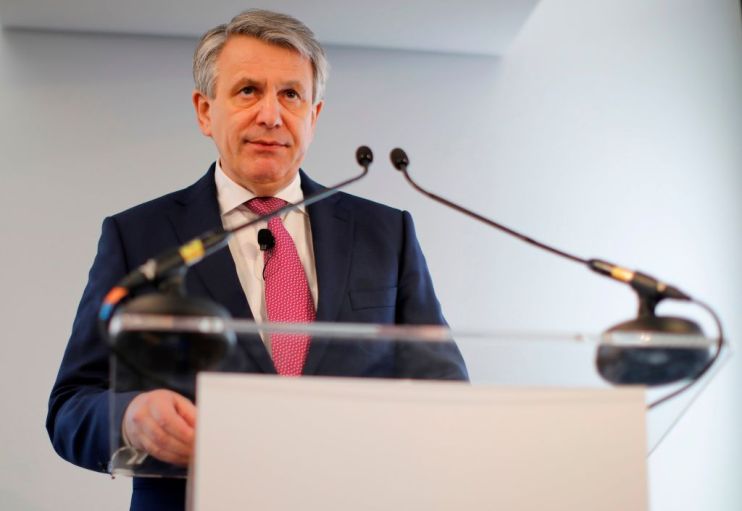Shell unveils plan to become a net zero emissions firm by 2050

Oil giant Shell has become the latest supermajor to announce plans to become a net-zero energy emissions business by 2050.
The firm’s announcement follows similar decisions by rivals like BP, but comes as the oil and gas sector faces its biggest challenge in decades due to the coronavirus-driven collapse of oil prices.
The company said it planned to offset all of its so-called scope one and two emissions – those released in the manufacture of its products – by 2050.
On scope three emissions, those which cover the greenhouse gases from the fuels it sells to its customers, Shell’s plan is to “pivot towards serving businesses and sectors that by 2050 are also net-zero emissions”, in the hope that this will offset the footprint of its products.
More broadly, the Anglo-Dutch firm said that it would reduce the carbon footprint of all of its products by 65 per cent in 2050, up from previous targets of 50 per cent.
Chief executive Ben van Beurden said: “Society’s expectations have shifted quickly in the debate around climate change.
“Shell now needs to go further with our own ambitions, which is why we aim to be a net-zero emissions energy business by 2050 or sooner.”
Analysts and investors were divided over the plan, with disagreement over whether the steps, which are among the most extensive yet announced by an oil major, would put Shell in line with the 2050 Paris Agreement targets.
Sign up to City A.M.’s Midday Update newsletter, delivered to your inbox every lunchtime
Mark van Baal of activist investors Follow This said that although the announcement was another step in the right direction, it was not in line with the accords:
“Shell made another step in the direction of Paris, thanks to the investors that voted for our climate resolution that encouraged Paris-alignment in 2018.
“Unfortunately, this new ambition is not a target and is not Paris-aligned yet. This will not lead to a radical shift in Shell’s spending away from fossil fuels to renewables”.
Under the agreements, total emissions must fall by 70 per cent by 2050, but Shell’s plans only account for 50 per cent of its greenhouse gases, van Baal added.
Corien Wortmann, chairwoman of the ABP pension fund, said that the plans showed the company was taking “active steps” to fulfil the Paris agreements:
“After the earlier announcements in 2017 and 2018, Shell’s example has been followed by other oil and gas companies. We hope that this announcement will again have a domino effect”.
The firm did not set out how it would alter its spending plans to achieve the targets. Last year it spent just eight per cent of its $24bn capital spending programme on low emissions fuels.